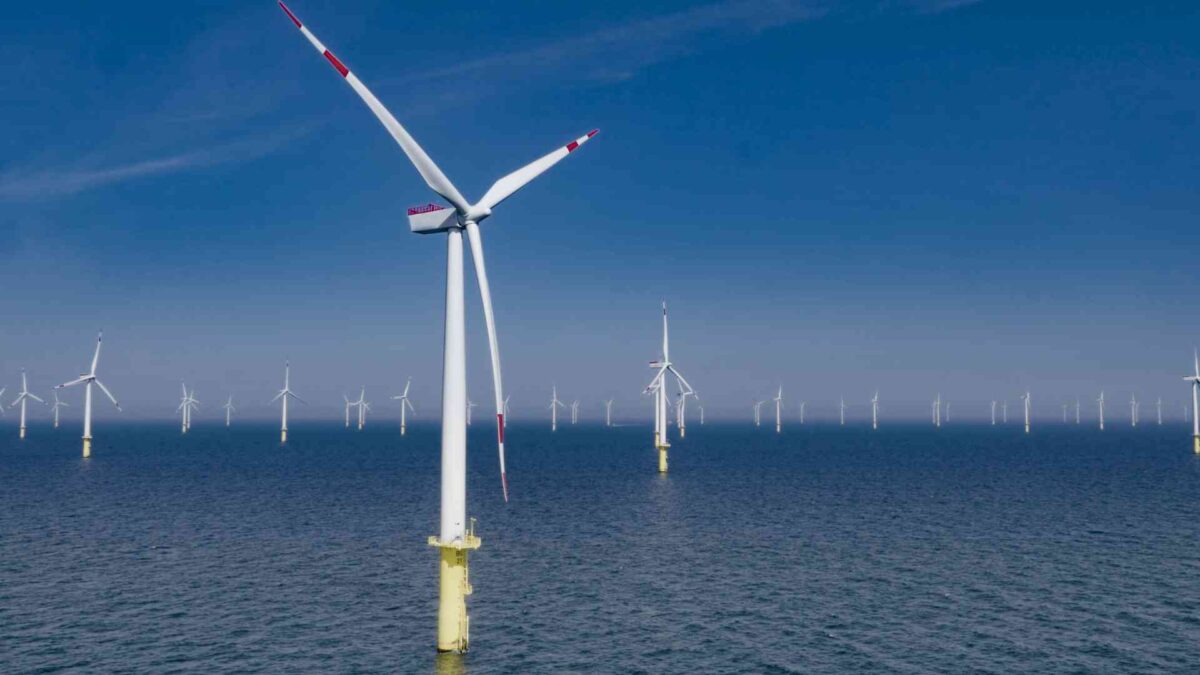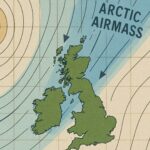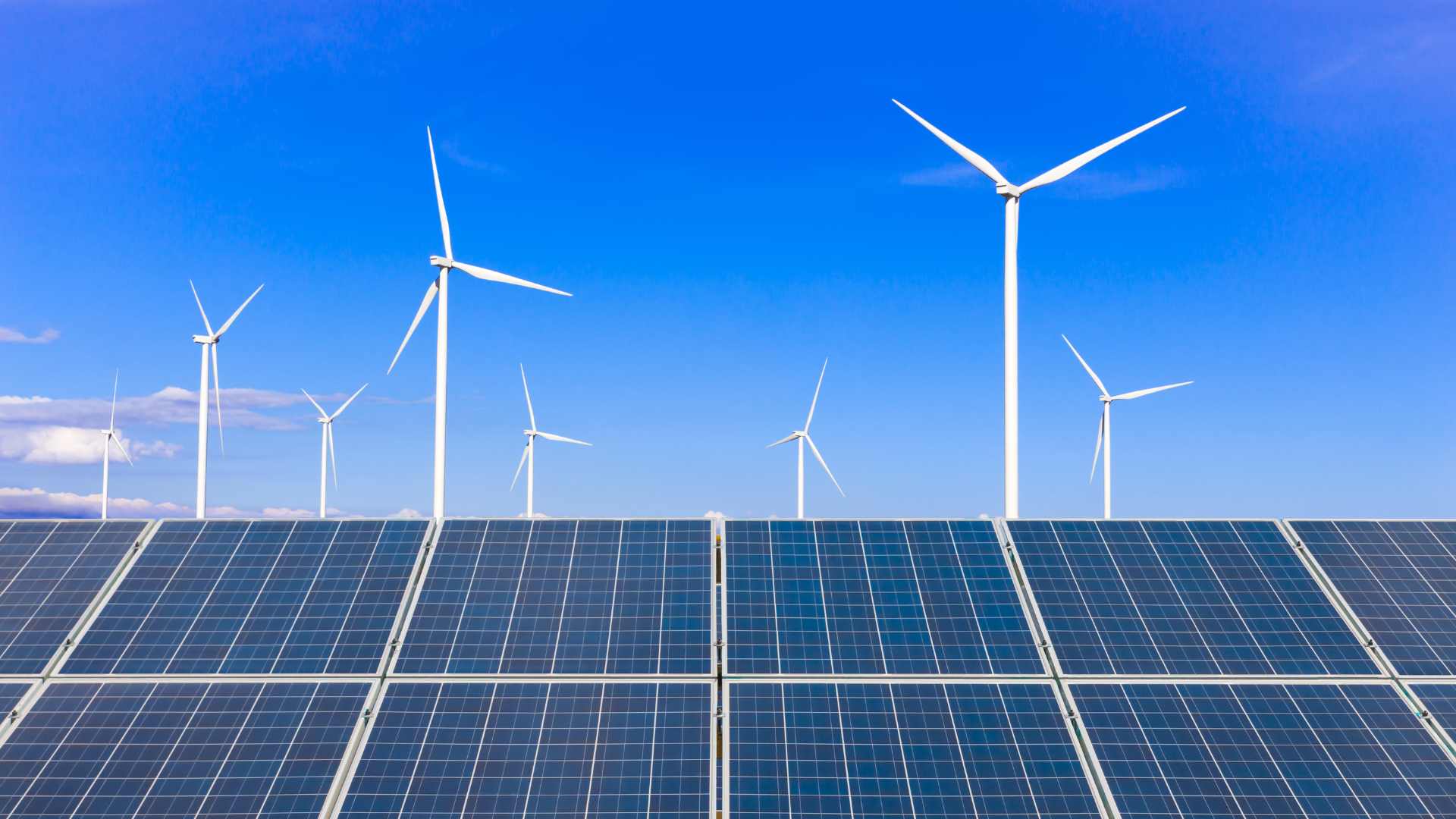
Guidance to Support Ireland’s Offshore Wind Sector

Two key maritime safety documents have been published today to support the safe development of Offshore Renewable Energy Installations (OREI), particularly offshore wind farms, in Irish waters.
The Department of Transport has released the Maritime Navigation Safety Guidance for OREI, while the Irish Coast Guard has launched its Guidance for Search & Rescue and Emergency Response for OREI (SOP 07-2025).
These publications come as Ireland advances its ambitious offshore wind targets, with the Climate Action Plan 2024 committing to at least 5GW of installed offshore wind capacity by 2030. With some of the best offshore wind resources in Europe, this sector is central to Ireland’s efforts to secure energy independence, reduce emissions, and drive the transition to a net-zero future.
The newly published guidance is designed to ensure that offshore wind projects maintain the highest standards of maritime safety, from early site assessments through to construction, operation, and eventual decommissioning.
The Navigational Safety Guidance was developed with technical input from the Marine Survey Office (MSO), Irish Coast Guard (IRCG), and the Commissioners of Irish Lights. It outlines how to safely integrate offshore infrastructure into busy marine environments while protecting human life and the marine ecosystem. It also considers international best practices and will be reviewed as required to reflect evolving standards.
In tandem, the Coast Guard’s new Standard Operating Procedure (SOP 07-2025) focuses on ensuring that search and rescue, maritime casualty, and pollution response services are fully considered in offshore wind development plans.
A Focus on Safety and Sustainability
Minister for Transport, Darragh O’Brien, highlighted the dual focus of the initiative:
“This Government sees the transformative potential of Ireland’s offshore renewable sector. As we work to realise these ambitions, it is paramount that a high standard of maritime safety is maintained throughout a wind farm’s lifecycle. Today’s guidance documents reaffirm our commitment to both sustainability and safety at sea.”
Minister of State Seán Canney, who has responsibility for Maritime Safety, added:
“These guidance documents are vital for everyone who uses our waters—whether they’re workers, seafarers, fishers, or recreational users. As OREI projects expand, our focus must remain on protecting lives and supporting emergency operations at sea.”
What This Means for the Future
The release of these guidelines marks a significant step forward in ensuring that offshore wind projects can progress safely and sustainably in Irish waters. For developers, they offer a clear framework for aligning with maritime and environmental standards. For marine users, they provide reassurance that Ireland’s growing renewable energy sector will not compromise safety at sea.
Share this WeathÉire story:






